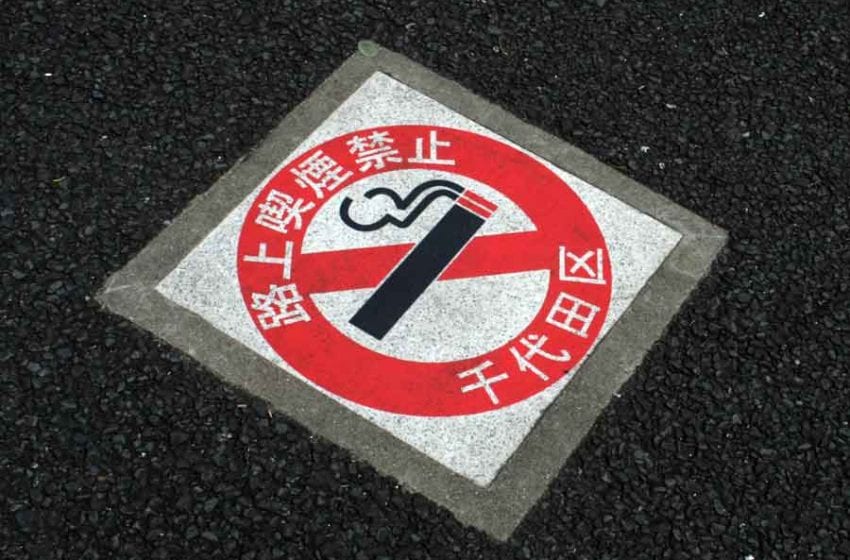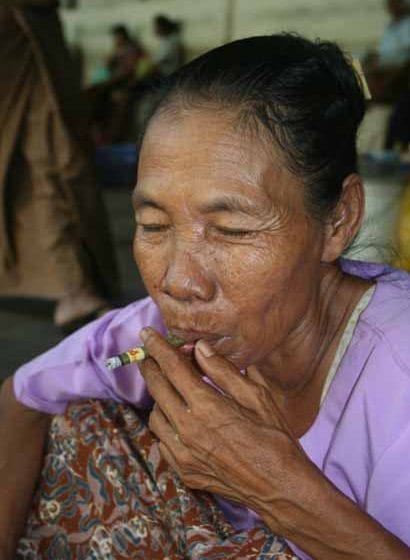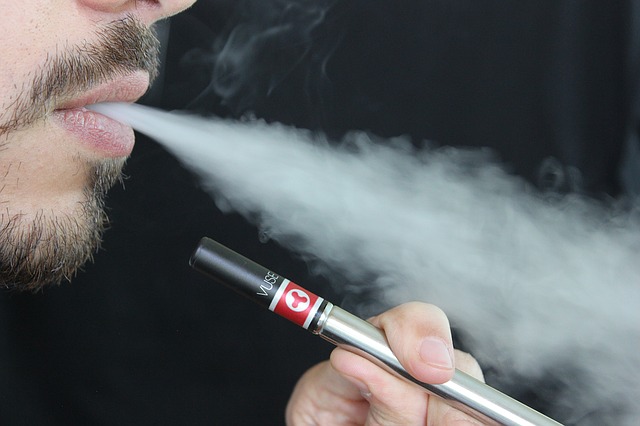Japan’s health ministry has relaxed its planned restrictions on tobacco smoking in restaurants, according to a story in the Japan Times quoting government sources yesterday.
The ministry, which initially planned to ban smoking in restaurants with a floor space of more than 30 square meters, is now leaning toward allowing smoking at restaurants with a floor space of up to 150 square meters.
The measure, expected to be implemented in time for the 2020 Tokyo Olympic and Paralympic Games, is likely to face criticism from doctors.
The ruling Liberal Democratic Party, some of whose members are said to have strong ties with the tobacco and restaurant industries, has argued that smoking should be permitted at restaurants with a floor space of up to 150 square meters.
It says that tougher smoking restrictions would deal a serious blow to some restaurants.
Under a new ministry proposal, even restaurants with a floor space of more than 150 square meters would be allowed to include special smoking rooms.
Smoking would be banned, however, in establishments that open after the implementation of the regulations and in those run by major restaurant chains.
Smoking would be banned also on the premises of clinics, hospitals, and elementary, junior-high and high schools.
According to World Health Organization standards, Japan is among the lowest ranked countries in tobacco control, with no smoke-free law covering all indoor public places.









